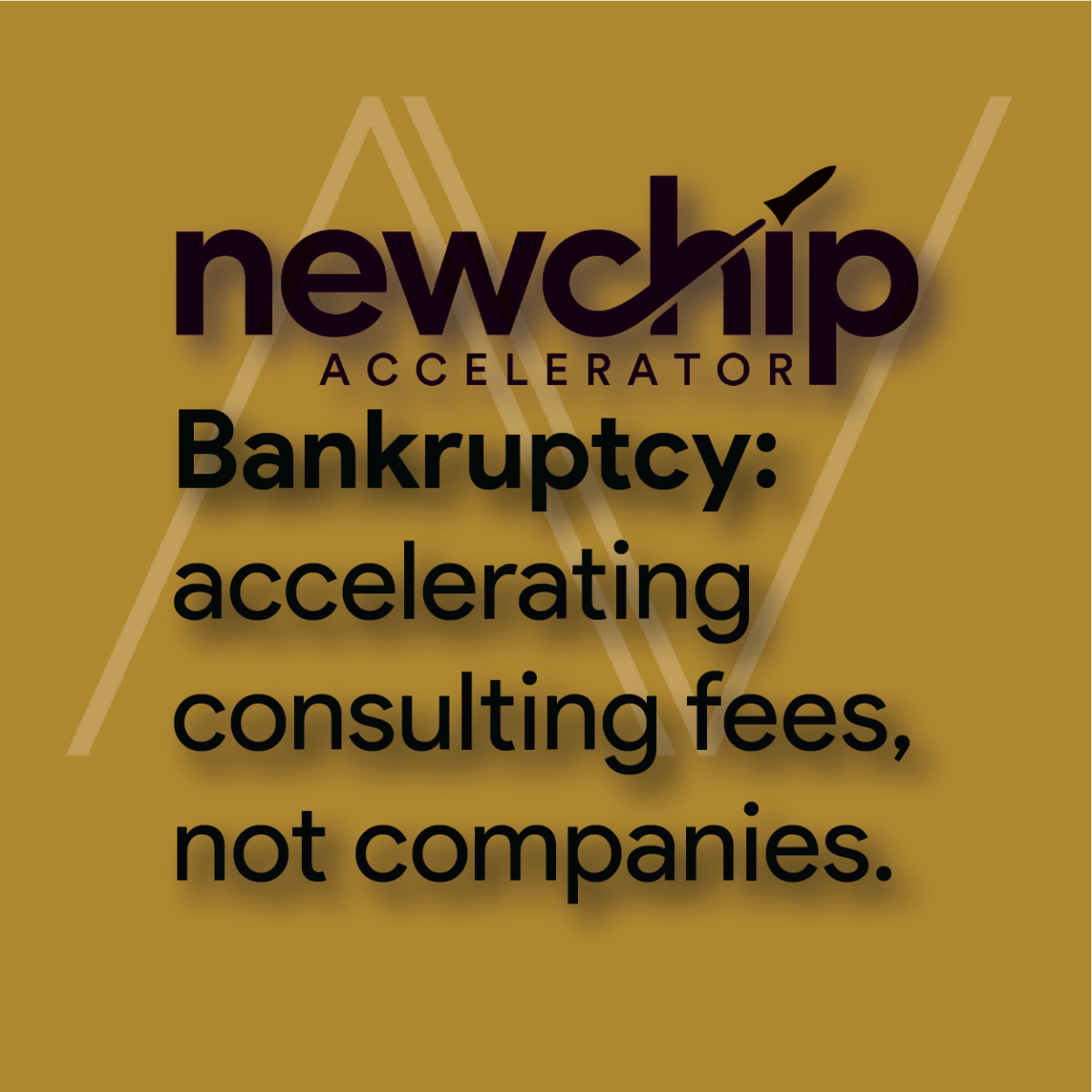The startup ecosystem is built on the foundation of accelerators, which provide crucial support and investment for early-stage ventures. However, the case of Newchip “Accelerator” stands as a cautionary tale, as it deviated from the traditional accelerator model and ultimately faced a harsh downfall. This article delves into the rise and subsequent bankruptcy of Newchip, shedding light on its controversial approach and the factors that contributed to its demise.
A Departure from the Norm
Founded in 2016 by Ryan Rafols, Newchip positioned itself as an accelerator but operated under a unique model that raised eyebrows within the startup community. Unlike traditional accelerators that invest in companies and acquire equity in return, Newchip required founders to pay cash upfront for an entrepreneurial curriculum with no concrete metrics on connections, funding, or meetings that would be delivered to the startup. This unconventional approach contradicted the essence of an accelerator and left many skeptical about the true value it could provide to startups.
A Recipe for Disaster
The departure from the equity-based investment model was not the only issue plaguing Newchip. As the number of startups joining the program increased, so did the competition for limited resources and investor attention. With founders already paying for services, the accelerator’s ability to attract external investment and provide meaningful support came into question. The lack of financial incentives for investors further diminished Newchip’s credibility, as the alignment of interests between startups and stakeholders was disrupted.
The Downfall and Bankruptcy
Newchip’s unsustainable business model and questionable value proposition eventually caught up with the organization. As startups struggled to secure funding and questioned the efficacy of the accelerator’s services, Newchip’s financial situation deteriorated rapidly. According to DC Palter, a Supercharger on neonVest, for Entrepreneur’s handbook: NewChip had been “funding themselves with debt and equity and the bill was coming due. Laying off employees wasn’t enough to get to break even. They had to use bankruptcy protection to reduce or eliminate the $4 million in debt they owed.” The absence of a sustainable revenue stream, combined with the burden placed on founders, culminated in the announcement of Newchip’s bankruptcy in 2023. The news sent shockwaves through the entrepreneurial community, leaving participating startups in a precarious position, bereft of the support they had hoped for.
A toxic “Military Culture”
Founder “Ryan” often talked about his “military culture”. According to TechCrunch and other sources, a lot of employees and founders complained about the way they were being treated. Founders reported not having the proper mentorship meetings they were once promised, and when some tried to get a refund, most never saw their money again. It seems like the Newchip culture was all about getting a big initial fee, and then providing as less work and mentorship as possible to the founders. There was no interest in helping the startups succeed in the long term.
Lessons for the Startup Ecosystem
The downfall of Newchip serves as a wake-up call for the startup ecosystem. It underscores the importance of transparency and aligning incentives between accelerators, startups, and investors. The traditional accelerator model, which revolves around investment and equity, has proven successful when the founders stay in control of their company and finances. Or if an organization wants to charge cash upfront, there should be clear metrics, KPIs, and deliverables like number of investor/mentor introductions or hours of consulting.
Moving Forward
As the startup landscape continues to evolve, it is essential for aspiring entrepreneurs to critically evaluate accelerator programs before committing to them. Founders must carefully consider the value proposition, financial arrangements, and track record of success of any accelerator they engage with. Simultaneously, the industry as a whole should learn from the Newchip experience, emphasizing the need for authentic and investor-aligned accelerators that provide tangible support and investment opportunities.
Not an accelerator.
The Newchip “Accelerator” story serves as a stark reminder that deviating from established accelerator norms or from successful cash-payment models with clear deliverables can have dire consequences. Startups should also pay for services when the organization doesn’t require equity from the start and is clear about deliverables. By learning from the mistakes of Newchip, the startup ecosystem can recommit to a model that nurtures and empowers early-stage ventures, fostering a culture of sustainable growth and success.


